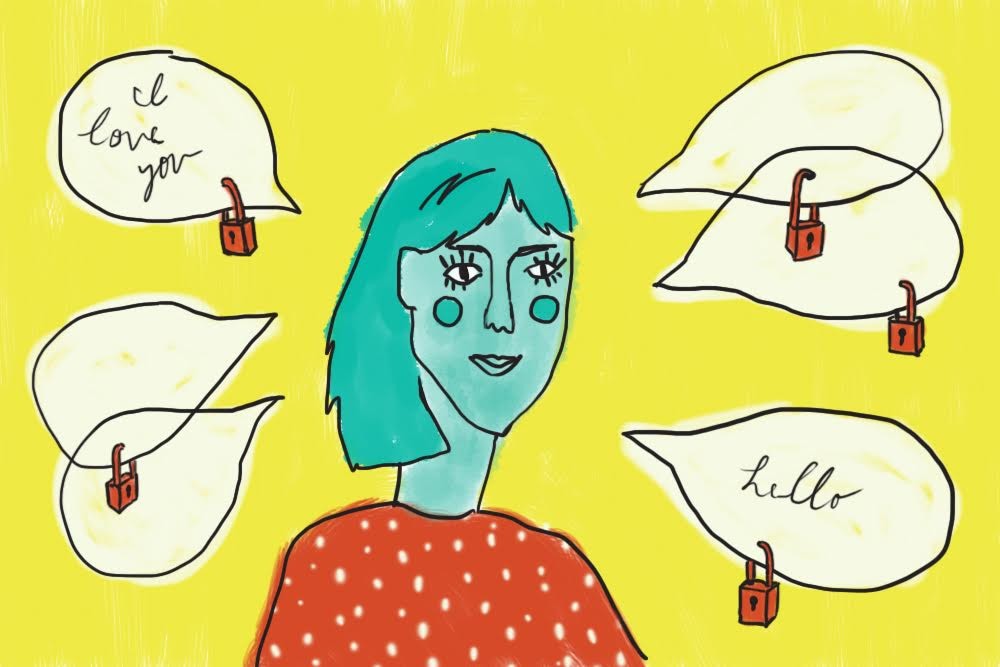Minnesota Lou Gehrig’s disease patients can now generate a digital replicate of their voice for free.
Lou Gehrig’s, medically known as amyotrophic lateral sclerosis, is a degenerative disease that often results in loss of speech. To combat this, the Team Gleason foundation, an ALS advocacy organization, announced late last month that it’s helping fund a voice recording procedure in Minnesota.
The process begins by recording a patient’s voice at a University of Minnesota clinic. The patient’s recording is then sent to a lab in Delaware where the recordings are programmed into a voice that patients can use when their voice has failed.
Graduate students record patients saying specific phrases that cover every possible sound and intonation in the English language. It is a process they call “voice banking,” said Rebecca Lulai, interim director of clinical programs for speech-language pathologists, and head of the recording clinic.
The clinic began doing this work in the summer of 2016. Their first patient, Lucy Hoffman, who died in 2017, came to Lulai’s clinic because she was having issues with speech and swallowing.
Lulai said she suspected it was ALS based on her exam, and when Lucy received a second opinion from a neurologist a week later, she was diagnosed.
The idea of voice banking was conceived through this, she said.
Lucy’s husband and daughter, John and Carol, said when Lucy went through the voice recording process, these phrases had to be perfectly pronounced for the software to accept them. This was difficult for Lucy, who was already losing her ability to speak and battling a painful clinical trial for stem cell treatment of ALS.
The Hoffmans spent triple the time recording that most families do now.
“It’s really hard [beacuse] … every bit of [ALS] is about losing things,” Lulai said. “I think that’s why I really enjoy this work, is because we’re able to kind of give them something that’ll stay.”
While patients can retain the ability to speak through the software, families say it is just as important for them.
Lucy did not use the automated voice once she lost the ability to speak, not liking its sound, Carol said.
But Carol still listens to her mother’s automated voice for comfort.
She uses the software to hear her mother say “I love you,” or just “hello.”
“The same things she always said to us,” said John Hoffman, her husband.
Before the Team Gleason foundation promised to help fund the process for patients, the Minnesota ALS Association solely funded it and still contributes. Since the University clinic started voice banking with Lucy, 23 other patients have been recorded and several other clinics in Minnesota have started offering the recording service.








